violence

Shermer and Aella discuss: Aella’s conservative Christian upbringing • sex work and feminism • male-female sexual psychology differences • why women are choosier and more risk averse • what men and women regret about sex • BDSM, fetishes, and sexual violence • the women who sell sex and the men who buy sex • agency and volition in sex work: women and men • virtual sex, phone sex, cyber sex • pornography: good or bad? • decriminalizing sex work.

In 2019, Alex Berenson of the New York Times published Tell Your Children: The Truth About Marijuana, Mental Illness, and Violence. In it, Berenson warned that paranoia, one of the established side effects of marijuana consumption, is likely to trigger violence in those suffering from psychosis. The book was predictably lauded by those pundits who saw it as a revelatory argument against legalization…
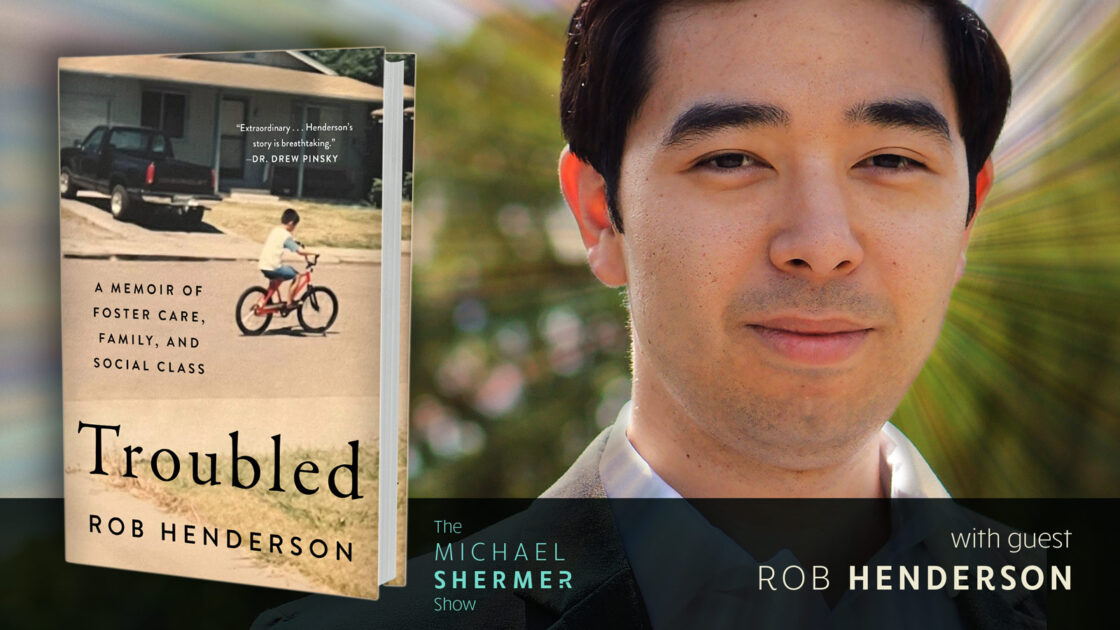
Shermer and Henderson discuss: hindsight bias • genes, environment, luck, contingency • foster care • incarceration rates • marriage, divorce, childhood outcomes • poverty, welfare programs, and social safety nets • the young male syndrome • alcohol, drugs, depression • luxury beliefs of educated elites • wealthy but unstable homes vs. low-income but stable homes • inequality • Henderon’s experience in the military, at Yale and Cambridge • the Warrior-Scholar Project.
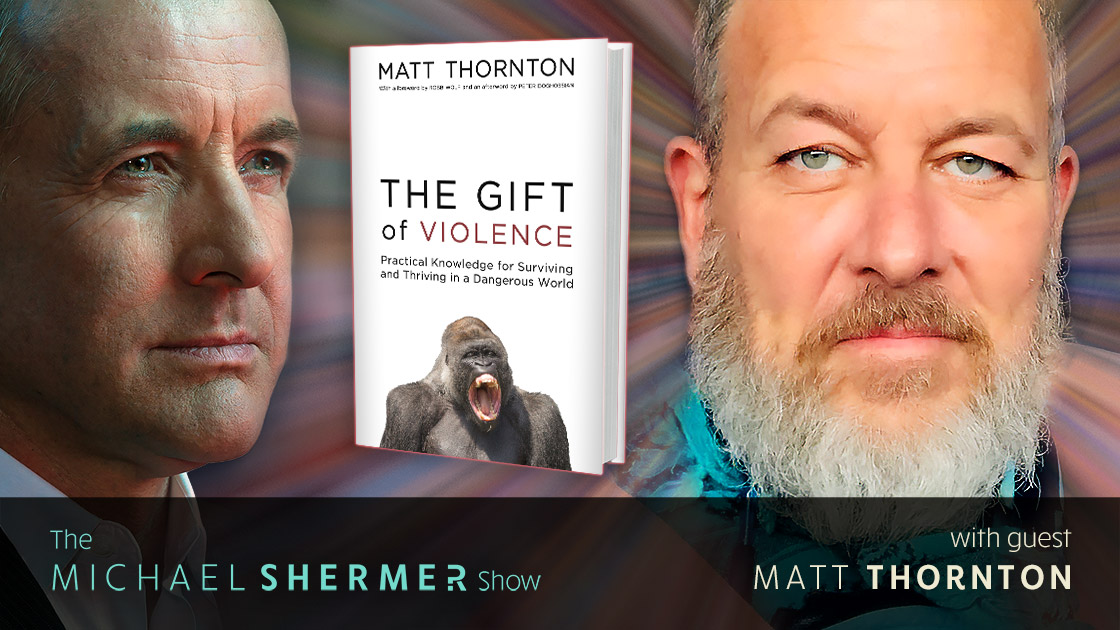
Shermer and Thornton discuss: aggression: passive, proactive, reactive, relational • moralistic punishment and the game theory analysis of the logic of violence • gun violence (homicide, suicide, accidents) • violence against women/children • male-on-male violence • alcohol, drugs, infidelity • race • self-control • training soldiers • male role models • Rodney King, Michael Brown, George Floyd • police violence • bullying • fatherless homes • rape and sexual violence • self-defense.

Shermer and Ehrman discuss: Ehrman’s religious journey • Who wrote the Bible and why? • how to read the Bible and the book of Revelation • Who wrote Revelation and why? • why Jesus spoke in parables • why worry about climate change if the world is going to end soon? • David Koresh and Waco • Reagan and end times politics • how Jesus became a capitalist and militarist • faith healers, televangelists, and other Christian con artists • Christian ethics and what Jesus really said about the poor…
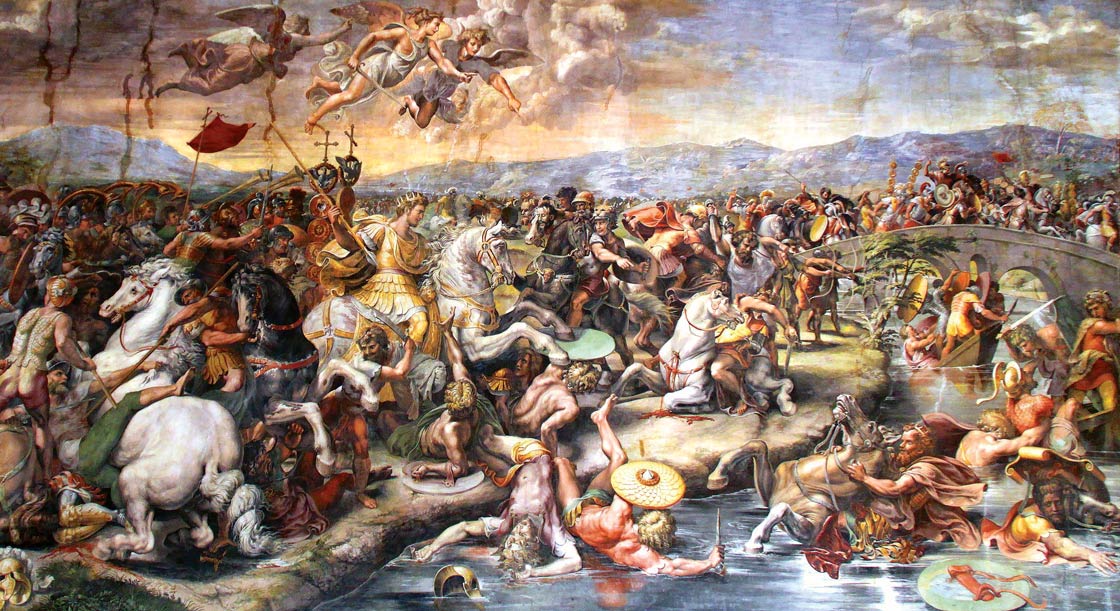
In the Fourth Century, when the Emperor Constantine made the Roman Empire Christian, he created an unstable amalgam. The tenets of Christianity could only be made to support the exercise of political power through torturous forms of theology and logic. Fifteen centuries of violence would eventually cause the combination of Christianity and the state to decompose, forming secular nations in the process. Nationalist leaders, their authority upheld by the gospels of power written by Machiavelli and Nietzsche, could wield military…
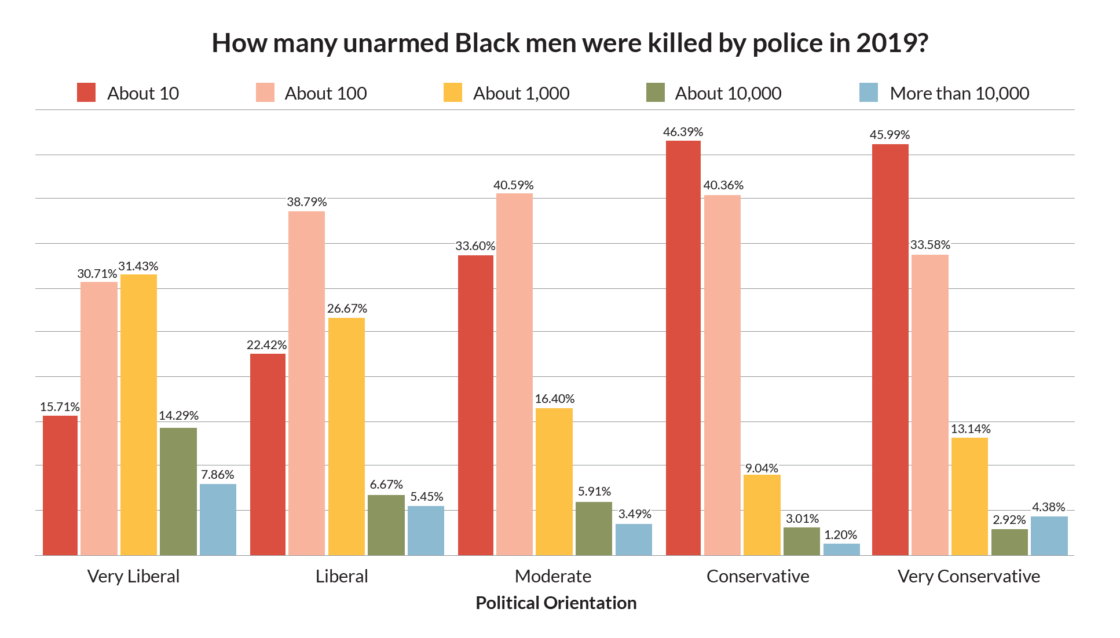
Everyone knows that race relations in America have a long and troubled history. By some measures race relations are very good, with polls showing that people are more tolerant of racial diversity today than they were decades ago. But by other measures it would seem race matters are more disconcerting than ever. In this analysis Chris Ferguson attributes the troubling events of recent years to the news media and how they create a social narrative driving the decline of race…

In his usual data-driven style of analysis, statistician and sociologist Kevin McCaffree, who also runs the Skeptic Research Center, presents the SRC finding about policing and race in America, and how political beliefs and orientation skews our perceptions of what is actually happening on the streets of the United States.
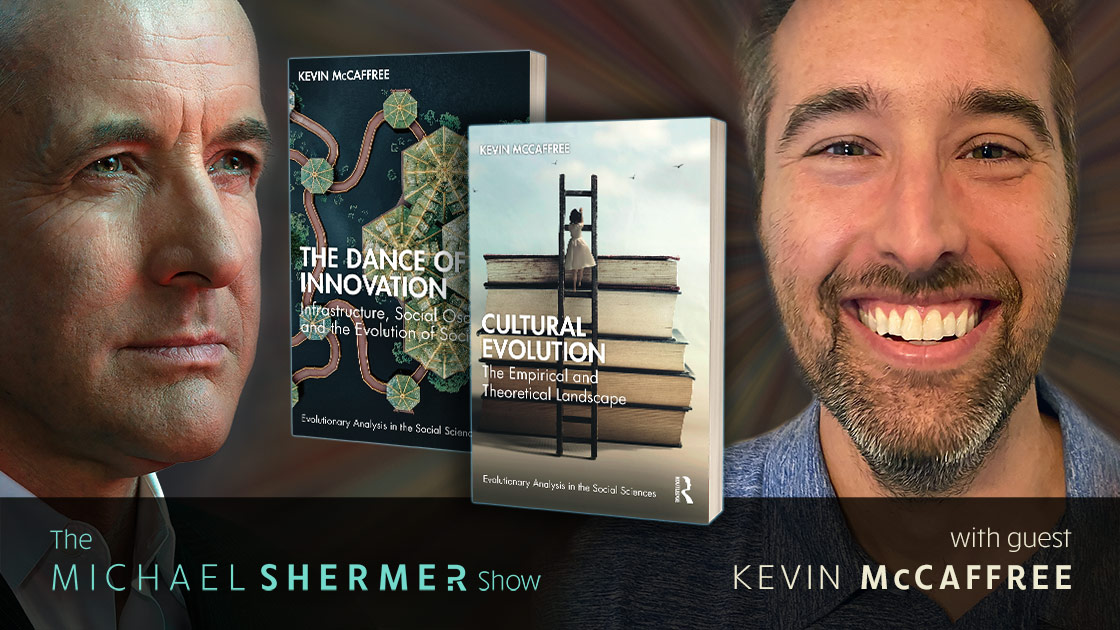
Since the dawn of social science, theorists have debated how and why societies appear to change, develop and evolve. Shermer speaks with sociologist Kevin McCaffree about: his research on crime and gun violence • diversity, equity, and inclusion • political polarization •cultural and biological evolution • horizontal/equalitarian vs. vertical/hierarchical societies • human selfishness and the problem of altruism, and what the future holds for humanity and society…
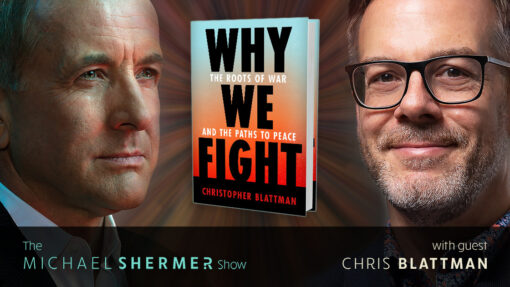
Shermer and Blattman discuss: Putin, Russia, and Ukraine • game theory and violent conflict • 5 Reasons for conflict and war • common elements of conflict • U.S. foreign policy and its consequences • human nature and conflict: are we wired to fight or do environments push us into conflicts? • cooperation vs. competition, and more…
Education reform researcher and advocate Chris Edwards explains the problem with the U.S. public education system and considers possible solutions. PLUS: Michael Shermer speaks with Christopher Blattman about his new book Why We Fight: The Roots of War and the Paths to Peace.

Michael Shermer speaks with political demographer, former demographics consultant to the United States Department of Defense, and author of The Future Faces of War, Jennifer Sciubba, about her new 8 Billion and Counting.
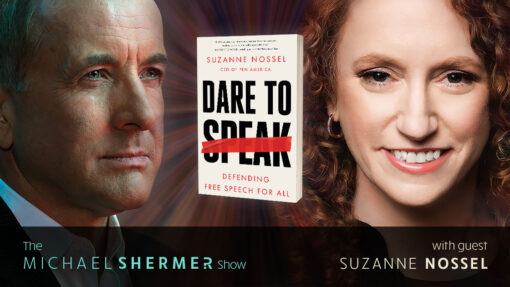
In episode 226, Michael Shermer speaks with a leading voice in support of free expression, Suzanne Nosel, on defending free speech for all, based on her book Dare to Speak. Nossel delivers a vital, necessary guide to maintaining democratic debate that is open, free-wheeling but at the same time respectful of the rich diversity of backgrounds and opinions in a changing country.
In episode 226, Michael Shermer speaks with a leading voice in support of free expression, Suzanne Nosel, on defending free speech for all, based on her book Dare to Speak. Nossel delivers a vital, necessary guide to maintaining democratic debate that is open, free-wheeling but at the same time respectful of the rich diversity of backgrounds and opinions in a changing country.
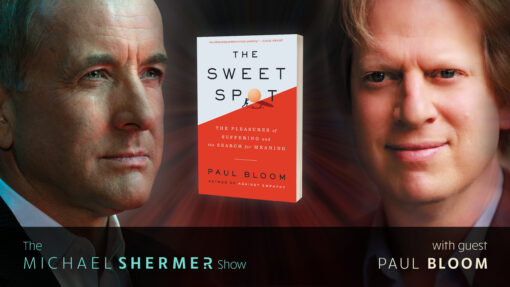
Why do we so often seek out physical pain and emotional turmoil? In episode 223, Michael Shermer speaks with professor of psychology Paul Bloom about the pleasures of suffering and the meaning of life, based on his book The Sweet Spot: The Pleasures of Suffering and the Search for Meaning.
Why do we so often seek out physical pain and emotional turmoil? In episode 223, Michael Shermer speaks with professor of psychology Paul Bloom about the pleasures of suffering and the meaning of life, based on his book The Sweet Spot: The Pleasures of Suffering and the Search for Meaning.
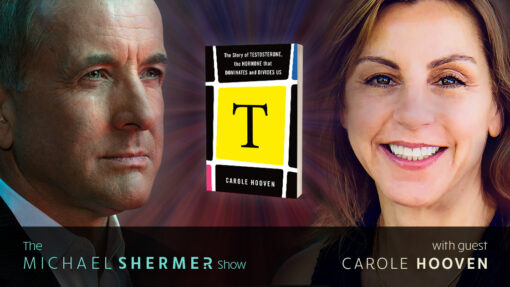
In episode 204, Michael Shermer speaks with codirector of undergraduate studies in the Department of Human Evolutionary Biology at Harvard University, Carole Hooven, PhD about testosterone. While most people agree that sex differences in human behavior exist, they disagree about the reasons. But the science is clear: testosterone is a potent force in human society, driving the bodies and behavior of the sexes apart.
In episode 204, Michael Shermer speaks with codirector of undergraduate studies in the Department of Human Evolutionary Biology at Harvard University, Carole Hooven, PhD about testosterone. While most people agree that sex differences in human behavior exist, they disagree about the reasons. But the science is clear: testosterone is a potent force in human society, driving the bodies and behavior of the sexes apart.

In episode 192, Michael speaks with husband-and-wife team Lesley Newson and Peter Richerson about the deep history of humankind discussed in their book, A Story of Us, in which they present this rich narrative and explain how the evolution of our genes relates to the evolution of our cultures.
In episode 192, Michael speaks with husband-and-wife team Lesley Newson and Peter Richerson about the deep history of humankind discussed in their book, A Story of Us, in which they present this rich narrative and explain how the evolution of our genes relates to the evolution of our cultures.
NEXT →






















